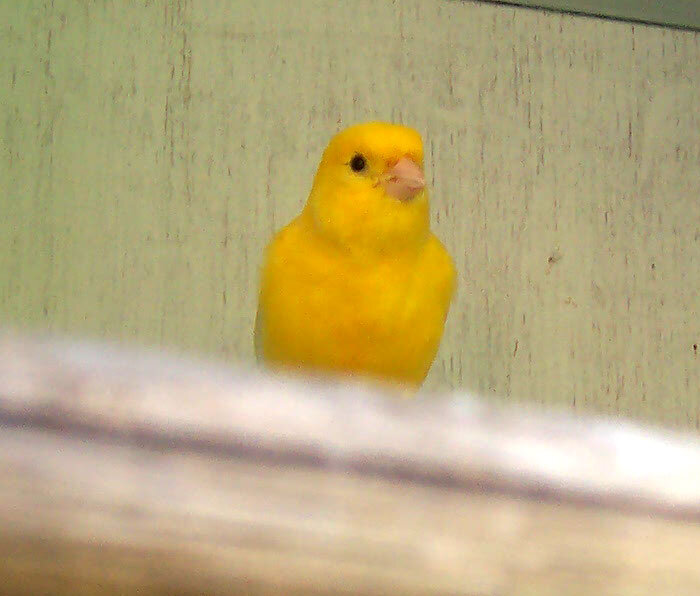Pathologizing the Canary
 All of sixteen years ago, Lani Guanier and Gerald Torres wrote a book titled The Miner's Canary: Enlisting Race, Resisting Power, Transforming Democracy. It pointed to race as the miner's canary, an unfailing indicator of underlying problems in society that ultimately affect everyone, not just minorities. It suggested that winner-take-all hierarchies of power had failed. It called for building grass-roots, cross-racial coalitions to remake structures of power, to foster public participation in politics and reform the process of democracy. In a related AACU address in 2005, Guanier said:
All of sixteen years ago, Lani Guanier and Gerald Torres wrote a book titled The Miner's Canary: Enlisting Race, Resisting Power, Transforming Democracy. It pointed to race as the miner's canary, an unfailing indicator of underlying problems in society that ultimately affect everyone, not just minorities. It suggested that winner-take-all hierarchies of power had failed. It called for building grass-roots, cross-racial coalitions to remake structures of power, to foster public participation in politics and reform the process of democracy. In a related AACU address in 2005, Guanier said:
...the experience of people of color in higher education is the experience of the canary in the mines. The problem with the way we have been thinking about that experience is that we have tended to pathologize the canary. That is, we see problems that come to our attention because they are associated with a visible and vulnerable group. And then we assume that those are the problems of the canary, rather than heeding the warning that those canaries are giving to us that it is actually the atmosphere in the mine that is toxic--not just for the canary but for the miners as well.
Edith Campbell brings the inquiring canary approach to her SLJ post, "The Review is Critical," Edith Campbell brings the inquiring canary approach to book reviews:
Traditional reviews limit themselves to how the story is presented by discussing characters, themes, plots, and setting. Critical book reviews go beyond this by focusing on how people and events are represented, whose voice is missing from the story, and the ways in which power is enacted. This reading strategy of the word and the world has implications across every form of literacy as it empowers readers to more fully realize the architecture of the information presented.
Campbell's piece lists reviewers who examine the word and the world in ways that shine the light of re-envisioning upon our field. They're a prolific, informed, opinionated bunch. It's liberating to navigate those sites and hear all those voices taking part in a conversation of books. Because it's easy to see story as consisting only of character, plot and setting. And reading the word is directly connected to reading the world. And since, let's face it, we're very far from an ideal world of peaceful coexistence, maybe it's about time to start listening to the canaries.